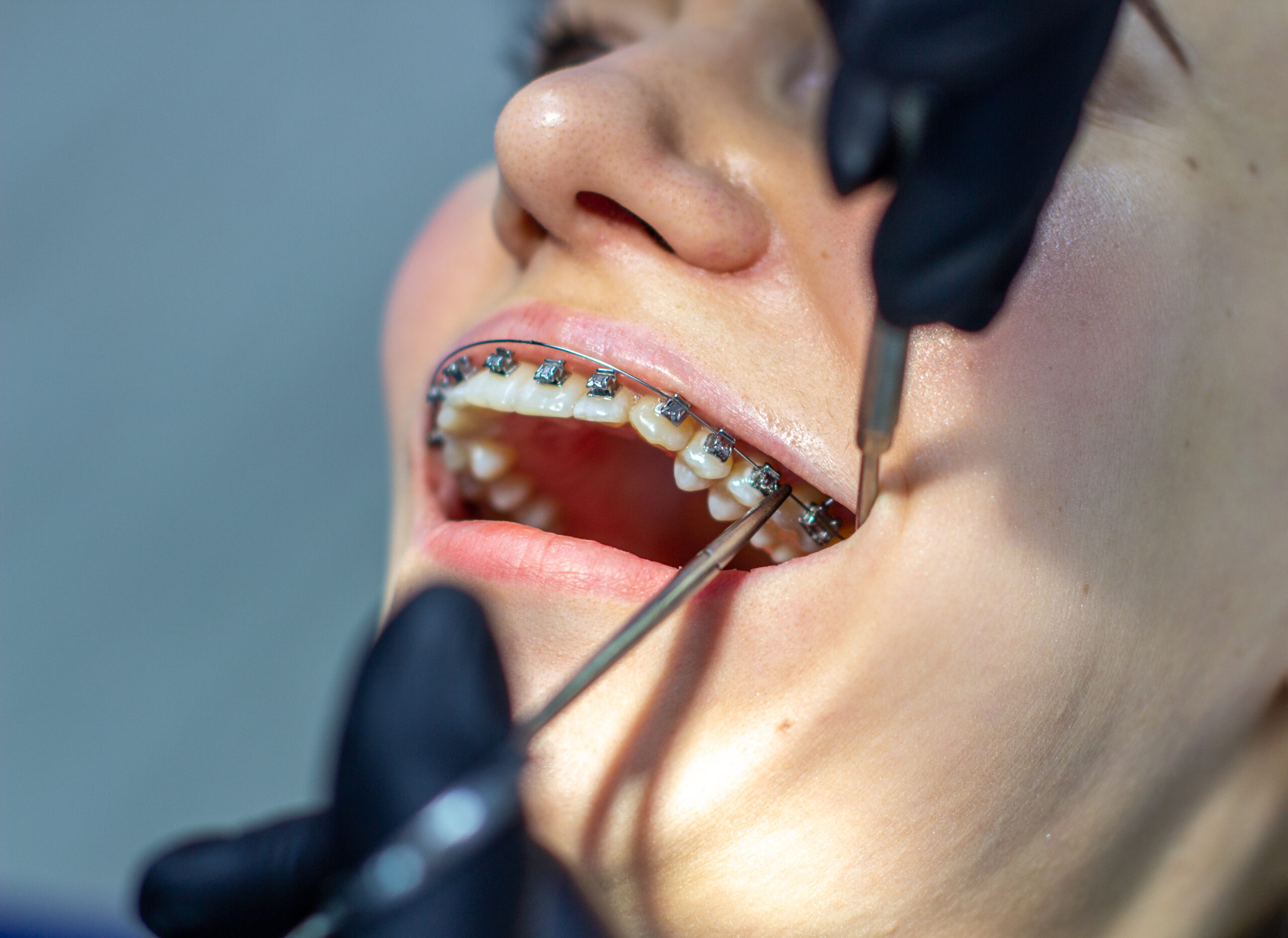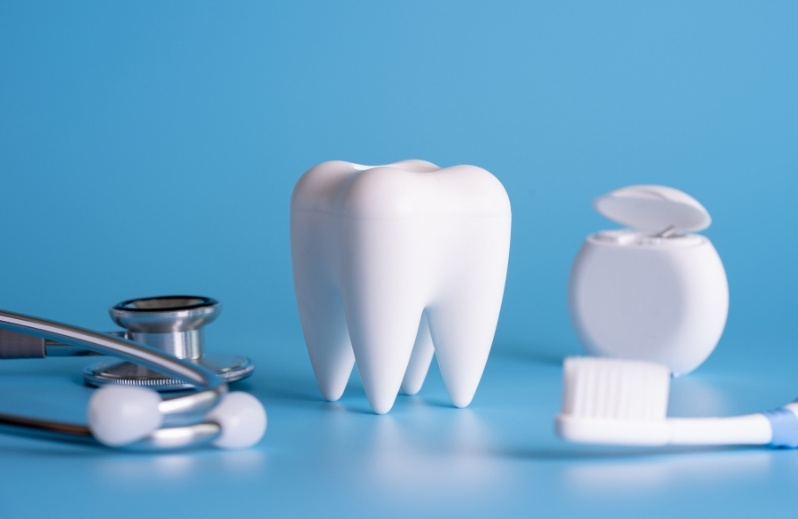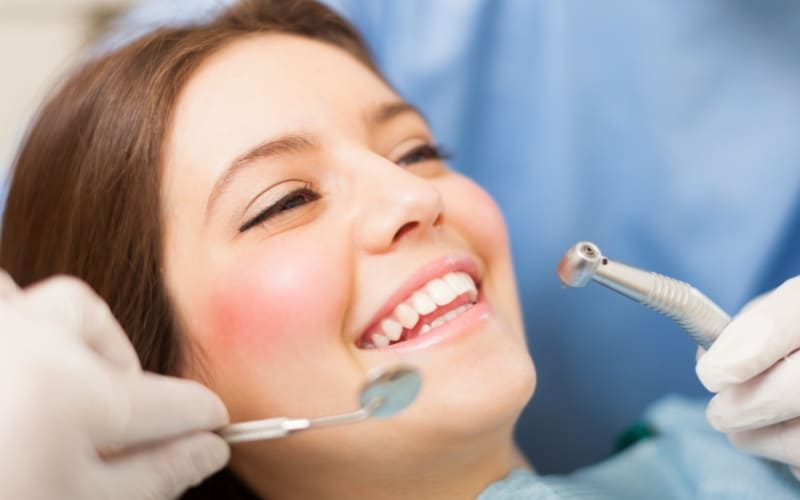Call: (810) 674-3060
Oral Care Myths Debunked: What Matters for a Healthy Mouth?

Oral care plays a crucial role in our overall health. A healthy mouth improves digestion, boosts confidence, and prevents various health issues. Despite its importance, many people believe common myths about oral hygiene. These misconceptions can lead to harmful practices and neglect of proper dental care.
This blog aims to debunk these myths and clarify what truly matters for maintaining a healthy mouth. By understanding the facts, you can make informed decisions about your oral health and enhance your well-being.
Understanding Oral Care Myths
Oral care myths are widely held beliefs that are often inaccurate or misleading. These myths can stem from outdated information, cultural practices, or simply misinformation shared among friends and family. For example, many people think that brushing harder cleans teeth better. Others believe that rinsing with mouthwash eliminates the need for brushing altogether.
These myths are harmful because they can lead to poor dental hygiene practices. When people follow incorrect advice, they might not brush or floss properly. This can result in cavities, gum disease, and other serious dental issues.
Furthermore, misconceptions can discourage regular dental visits, which are crucial for the early detection and prevention of problems. It is essential to separate fact from fiction when it comes to oral care to ensure you are taking the best possible care of your mouth.
A professional dentist can offer you the best care for optimal oral health. Search for a “dentist near me” to get a local professional dentist.
Common Oral Care Myths
Myth #1: Brushing Harder Means Cleaner Teeth
Many people think that applying more pressure while brushing will yield cleaner teeth. In reality, brushing too hard can damage your enamel and irritate your gums.
The best technique is to use gentle, circular motions with a soft-bristled toothbrush. This approach effectively removes plaque without harming your teeth or gums.
Myth #2: Sugar-Free Gum Replaces Brushing
While sugar-free gum can help freshen your breath and stimulate saliva production, it cannot replace brushing and flossing.
Chewing gum is a great addition to your oral care routine, especially after meals, but it should not be seen as a substitute for regular brushing. Always brush twice a day and floss daily to maintain optimal oral health.
Myth #3: Whitening Toothpaste Can Significantly Whiten Teeth
Many people believe that using whitening toothpaste will dramatically brighten their smiles. However, these products usually only remove surface stains.
For significant whitening results, consider professional treatments from your dentist. Over-the-counter products may not deliver the desired results and can sometimes lead to sensitivity.
Myth #4: You Only Need to See a Dentist When You Have a Problem
This myth can have serious consequences. Regular dental check-ups are essential for preventing issues before they start.
Dentists can spot early signs of cavities or gum disease you might not notice. Schedule routine visits every six months for a thorough cleaning and examination. Your mouth will thank you!
Myth #5: Children Don’t Need Dental Care Until Their Adult Teeth Come In
Some parents mistakenly believe young children do not need dental care until they are older. In truth, early dental visits are crucial for children. Their baby teeth lay the foundation for adult teeth.
Starting dental visits early helps establish good habits and allows dentists to monitor oral development. Encourage your child to brush regularly and schedule their first dental visit by age one.
What Truly Matters for a Healthy Mouth?
Regular Brushing and Flossing
Brushing and flossing form the foundation of good oral hygiene. Brush at least twice a day for two minutes each time. Use fluoride toothpaste, as fluoride helps strengthen tooth enamel.
Do not forget to floss daily to remove plaque and food particles between teeth. Proper brushing and flossing techniques can prevent cavities and gum disease.
Routine Dental Visits
Routine dental visits are vital for maintaining oral health. During these visits, your dentist will clean your teeth and check for any issues.
Regular check-ups help catch problems early, saving you time and money in the long run. Expect to receive personalized advice on how to improve your oral care routine.
Diet and Nutrition
Your diet has a significant impact on your oral health. Sugary and acidic foods can erode tooth enamel and lead to cavities.
Limit sugary snacks and beverages, and opt for healthier choices like fruits, vegetables, and dairy products. These foods can promote stronger teeth and gums.
Remember, a balanced diet supports not just your oral health but your overall well-being.
Hydration and Saliva Production
Staying hydrated is essential for good oral health. Saliva helps neutralize acids produced by bacteria in the mouth, washes away food particles, and provides disease-fighting substances.
Drink plenty of water throughout the day to maintain adequate saliva production. If you suffer from dry mouth, consult your dentist for recommendations.
Avoiding Tobacco and Limiting Alcohol
Tobacco use can lead to severe oral health issues, including gum disease and oral cancer. If you smoke or chew tobacco, seek help to quit.
Limiting alcohol consumption can also benefit your oral health. Alcohol can dry out your mouth, reducing saliva production and increasing the risk of cavities and gum disease.
Understanding the truth about oral care is crucial for maintaining a healthy mouth. Dispelling common myths can lead to better hygiene practices and overall health. Remember to brush and floss regularly, visit your dentist, maintain a balanced diet, stay hydrated, and avoid harmful substances.
Adopting these evidence-based practices will greatly enhance your oral health. Your healthy smile is worth the effort!




